Rocío Dúrcal, born María de los Ángeles de las Heras Ortiz on October 4, 1944, in Madrid, Spain, was an iconic singer and actress whose soulful voice and remarkable talent made her the undisputed Queen of Ranchera music. From her early years in Spain to conquering the hearts of audiences across Latin America, Rocío Dúrcal’s biography is a testament to her enduring legacy and the impact she had on the world of Spanish-language music.
Early Life and Musical Beginnings:
Rocío Dúrcal’s journey into the world of entertainment began at a young age. Raised in a modest family, she demonstrated a natural inclination for singing and performing. Her passion for music led her to participate in various talent competitions, where her exceptional voice caught the attention of record producers. At the age of fifteen, Rocío recorded her first album, “Canta a Juan Gabriel,” marking the beginning of a prolific and illustrious career.
Collaboration with Juan Gabriel:
One of the defining chapters of Rocío Dúrcal’s career was her collaboration with Mexican songwriter and singer Juan Gabriel. This partnership, which began in the late 1970s, resulted in a series of critically acclaimed albums, including “Rocío Dúrcal canta a Juan Gabriel Volumen 6.” Juan Gabriel’s poignant lyrics combined with Rocío’s emotive interpretations created a musical synergy that resonated with audiences across borders. The duo’s collaboration became synonymous with the romantic ballad and ranchera genres, solidifying Rocío Dúrcal’s reputation as an international music sensation.
Ranchera Queen and Global Stardom:
While Rocío Dúrcal was initially known for her contributions to the ranchera genre, her versatility as an artist allowed her to explore various musical styles. Her ability to convey deep emotions through her velvety voice, combined with an innate understanding of the ranchera tradition, earned her the title of “La Española Más Mexicana” (The Most Mexican Spaniard). Her breakthrough album, “Amor Eterno,” released in 1981, became a classic and featured the timeless title track that would become one of her signature songs.
Rocío Dúrcal’s success in the ranchera genre was not confined to the Spanish-speaking world. Her popularity transcended language barriers, and she became a global phenomenon. In 1984, she won the Grammy Award for Best Mexican-American Performance for her album “Canta a Juan Gabriel Volumen 6,” a testament to the international recognition of her talent.
Acting Career and Transition to Film:
Beyond her musical prowess, Rocío Dúrcal showcased her acting skills in a successful parallel career. She made her film debut in the late 1960s, starring in movies such as “Canción de Juventud” and “Amor en el Aire.” Her captivating on-screen presence and undeniable talent garnered her critical acclaim, adding a new dimension to her artistic repertoire. This seamless transition between music and film contributed to Rocío Dúrcal’s status as a multifaceted and beloved entertainer.
Personal Struggles and Triumphs:
Rocío Dúrcal’s life was not without its share of challenges. In 1977, tragedy struck when her first husband, Antonio Morales, better known as Junior, passed away in a car accident. Despite this personal loss, Rocío continued to pursue her career with resilience and determination. In the face of adversity, her music became a source of solace and strength.
In the early 2000s, Rocío Dúrcal faced another formidable challenge when she was diagnosed with uterine cancer. The battle with the illness was a difficult period for the artist, but she emerged victorious and resumed her career with renewed vigor. Her ability to confront adversity with grace and courage endeared her even more to her fans, solidifying her status as not only a musical icon but also a symbol of resilience.
Later Years and Legacy:
Rocío Dúrcal’s later years were marked by a continued commitment to her craft and the exploration of new musical horizons. She collaborated with contemporary artists, infusing her classic sound with modern elements. Her album “En Concierto… Inolvidable” (2003) captured the essence of her live performances, showcasing her timeless appeal and the enduring magic of her voice.
Tragically, on March 25, 2006, Rocío Dúrcal passed away at the age of 61 due to lung cancer. Her death was a profound loss to the world of music, but her legacy endures through the timeless melodies and heartfelt lyrics she left behind. Her influence on subsequent generations of artists, both in the ranchera genre and beyond, is immeasurable.
Conclusion:
Rocío Dúrcal’s biography is a captivating narrative of a woman who transcended cultural boundaries and left an indelible mark on the world of music and cinema. From her humble beginnings in Spain to conquering the hearts of millions across Latin America and beyond, Rocío’s journey is a testament to the universality of her artistry. As the Queen of Ranchera, her legacy lives on through the enduring beauty of her music, a poignant reminder of the power of a voice that could convey love, heartbreak, and the richness of the human experience. Rocío Dúrcal’s impact continues to resonate, and her memory remains eternally intertwined with the soulful strains of the ranchera genre.
.- Youtube Feature Video: ROCÍO DURCAL “COMO TU MUJER” Link here.


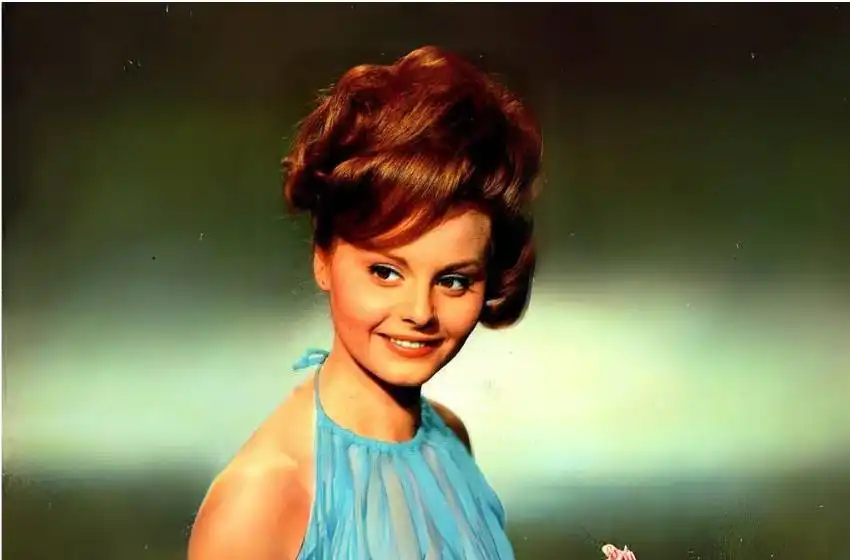
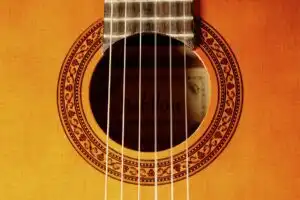




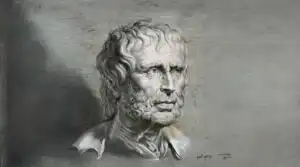


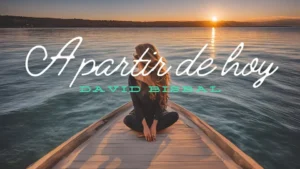
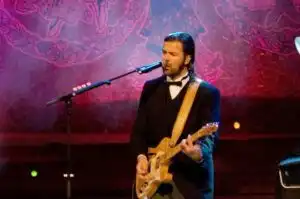
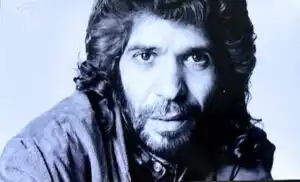
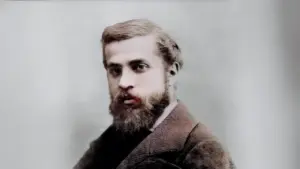
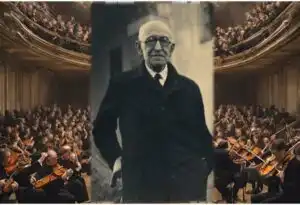
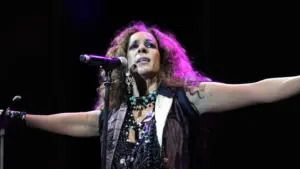
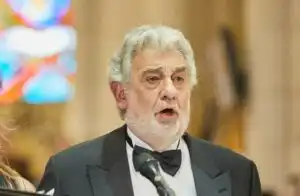

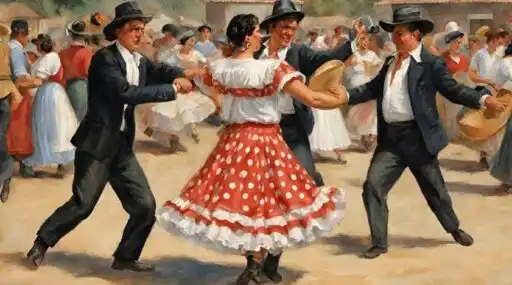
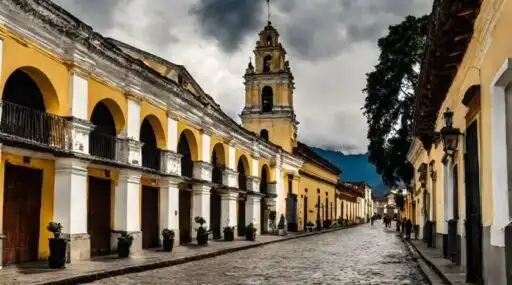
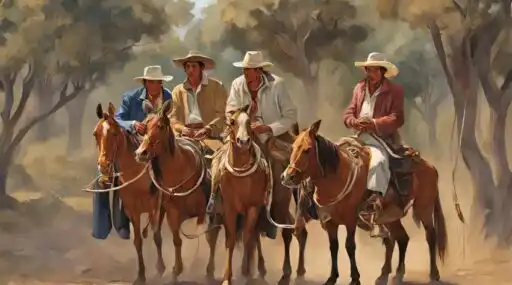

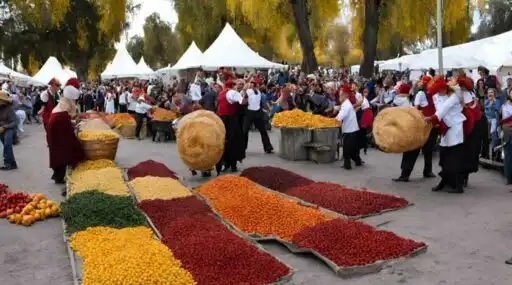
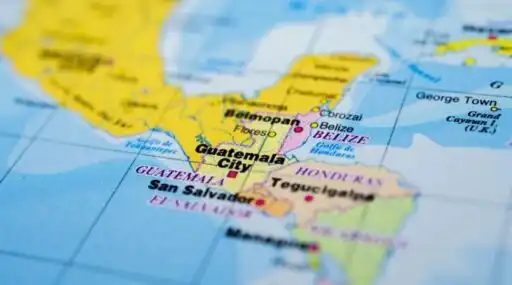




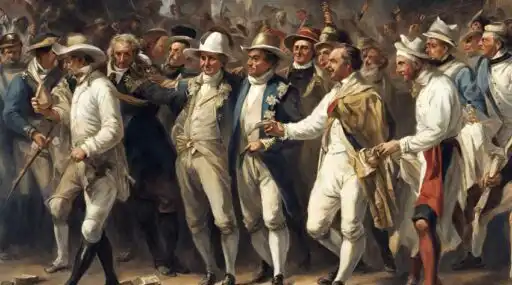




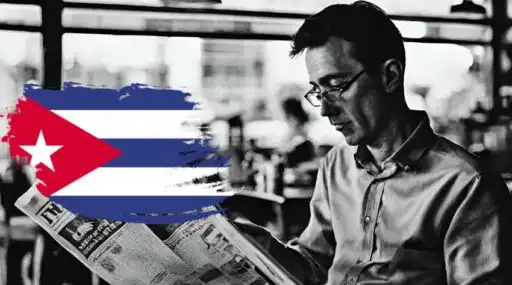
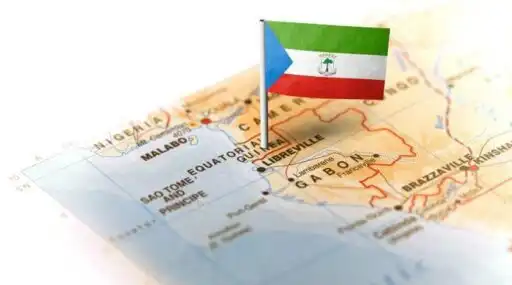
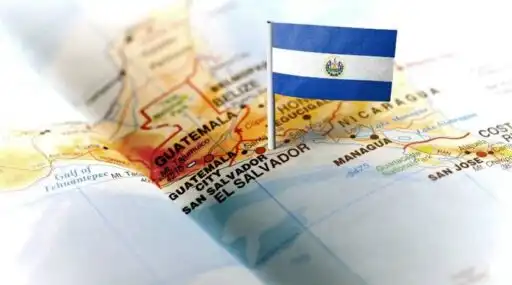

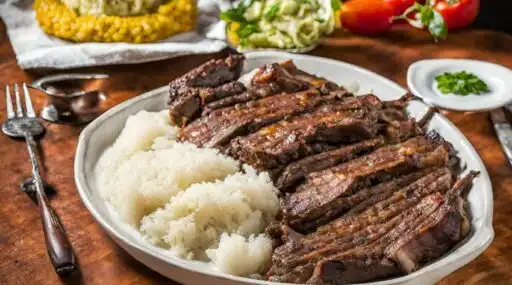
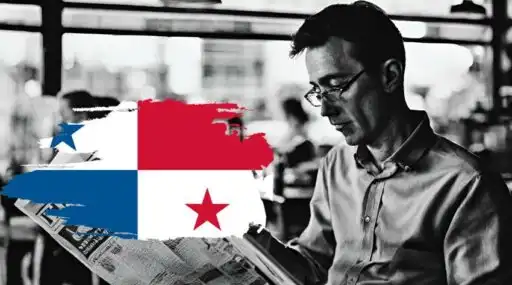
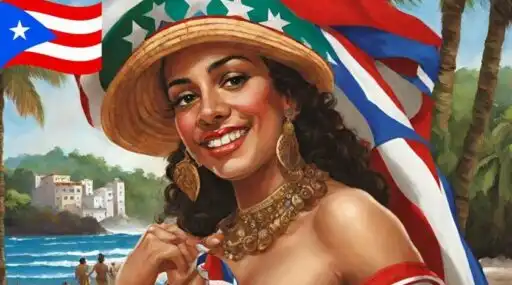
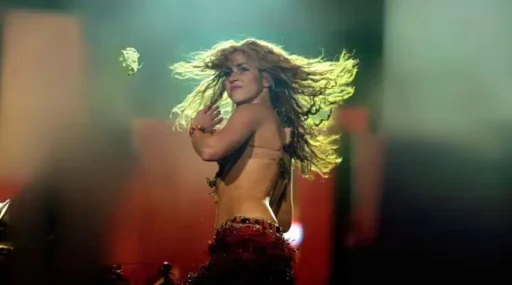
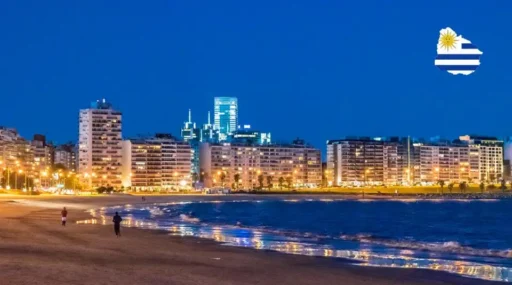
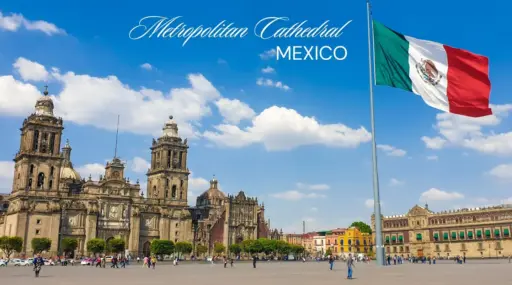





Leave a Reply